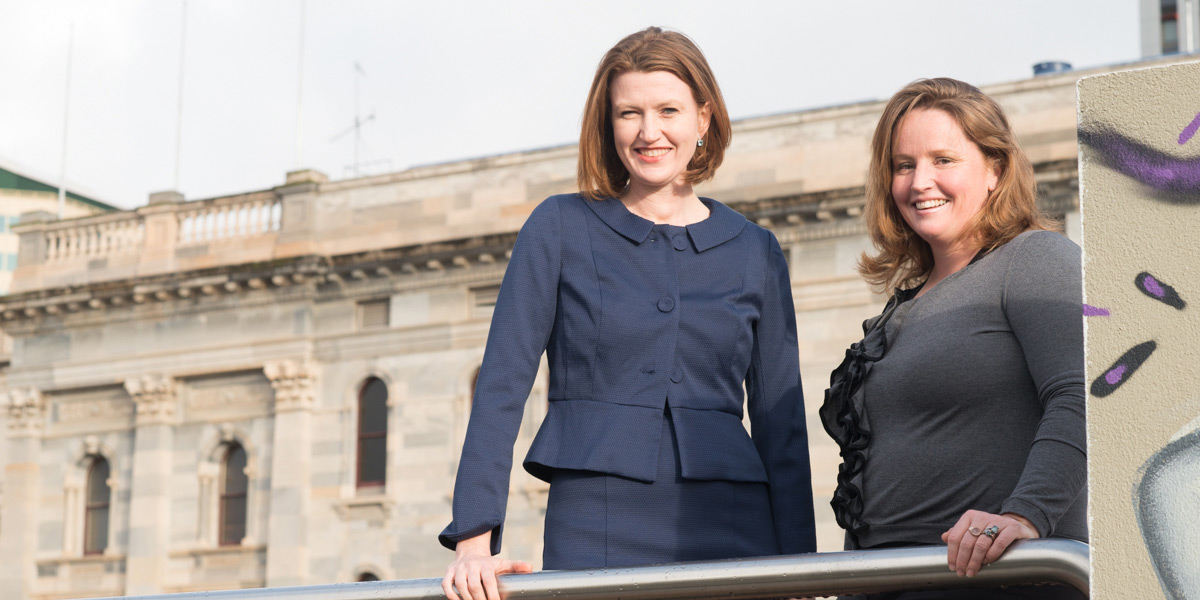Can Jay’s citizens’ jury model help Singapore breed?
The Adelaide-based company responsible for Jay Weatherill’s citizens’ juries is taking their model of deliberative democracy to Singapore – to help the city-state formulate something akin to a government-run dating service.

Singapore has one of the world's lowest fertility rates, but can a Citizen's Jury help enliven its population? Photo: WALLACE WOON, EPA.
If the very notion of importing SA Labor’s model of participatory democracy seems anathema in a country whose ruling People’s Action Party has held power since 1959 and still retains 90 per cent of the parliament’s seats, the rationale behind it is stranger still.
Singapore has struggled for around a decade with the realisation that not enough babies are being born to sustain the population.
On current projections, the total population is forecast to shrink after 2030, with its economy concurrently set to stall.
Despite government-sponsored programs such as expanding paternity leave and exploring new arrangements for infant care, the fertility rate remains dangerously low.
Enter South Australian start-up democracyCo, which has won a contract to work with senior bureaucrats in the Ministry of Social and Family Development to help them engage with single citizens and get them coupled-up and procreating.
DemocracyCo’s co-founders Emily Jenke and Emma Lawson will visit the city-state next month to conduct sessions with the department responsible for childcare assistance, maternity leave and adoption and fostering schemes, teaching them the art of citizens’ juries and helping establish Singapore’s first foray into the process.
“It will be an interesting cultural leap, I think,” Lawson told InDaily.
“[Deliberative democracy] goes counter to the cultural grain, I think, of what they’re used to, so we were quite surprised for that reason that we were approached.
“The fact that they’re interested and watching what’s been happening in SA was fascinating.”
Lawson said Singaporean authorities could use their debut jury to “look at helping people get together into couples and have children”.
“Because they’re really worried about their population growth, they want people to meet and marry and have children earlier, but the programs they’re running aren’t working,” she said.
“So they want to sit down and talk with non-couples about how they can meet more people quicker, and what’s preventing them doing that.”
Lawson and Jenke have previously curated SA’s citizens’ jury on dog and cat management, but its unlikely that process prepared them for their forthcoming foray into population management.
However, if it’s virgin territory for the ambassadors of corporate grassroots democracy, it’s similarly new ground for the Government of Singapore, whose founding father Lee Kuan Yew once lamented that “the exuberance of democracy leads to undisciplined and disorderly conditions which are inimical to development”.
“It’s completely new for them, this [citizens’ jury] process of working with community… they’re really stepping out in doing something completely different,” Lawson said.
“I think they know how important it is in terms of population growth to their country.”
Jenke said the Singaporean Government had been “particularly impressed by the work of the SA Government” on citizens’ juries.
“Our Premier’s commitment to involving communities in the decision making work of government, through the Reforming Democracy agenda, is getting noticed,” she said.
“This commitment to trialling new approaches to decision making is assisting in showing others, all over the world, how the work of government can be done differently.”
Weatherill last week outlined the latest in his plan to “Reform Democracy”, a 10-day program of events – including the re-booted Festival of Ideas – badged as “Open State”. He jetted out today to lead a 160-strong trade delegation to China.





